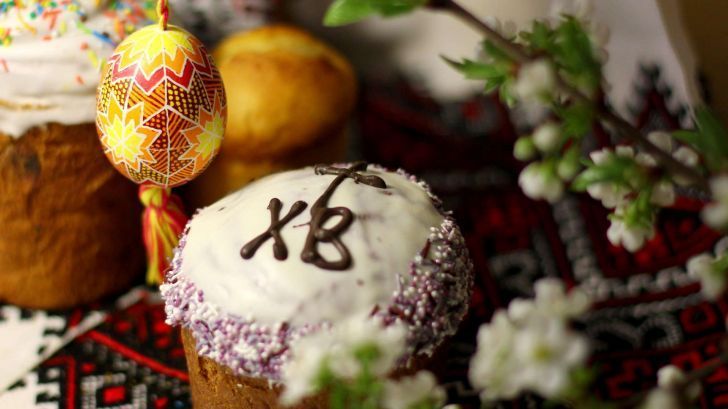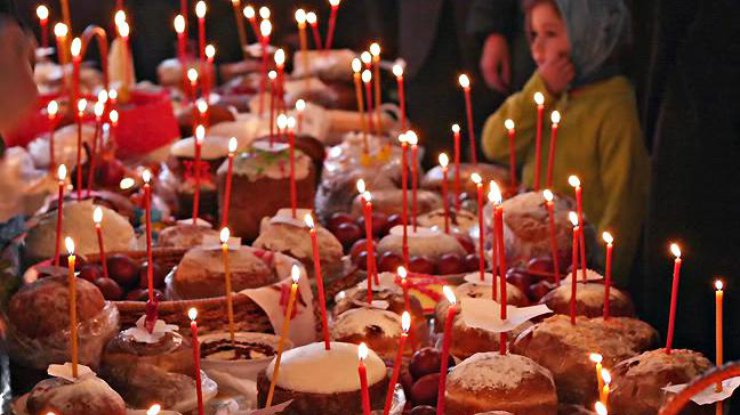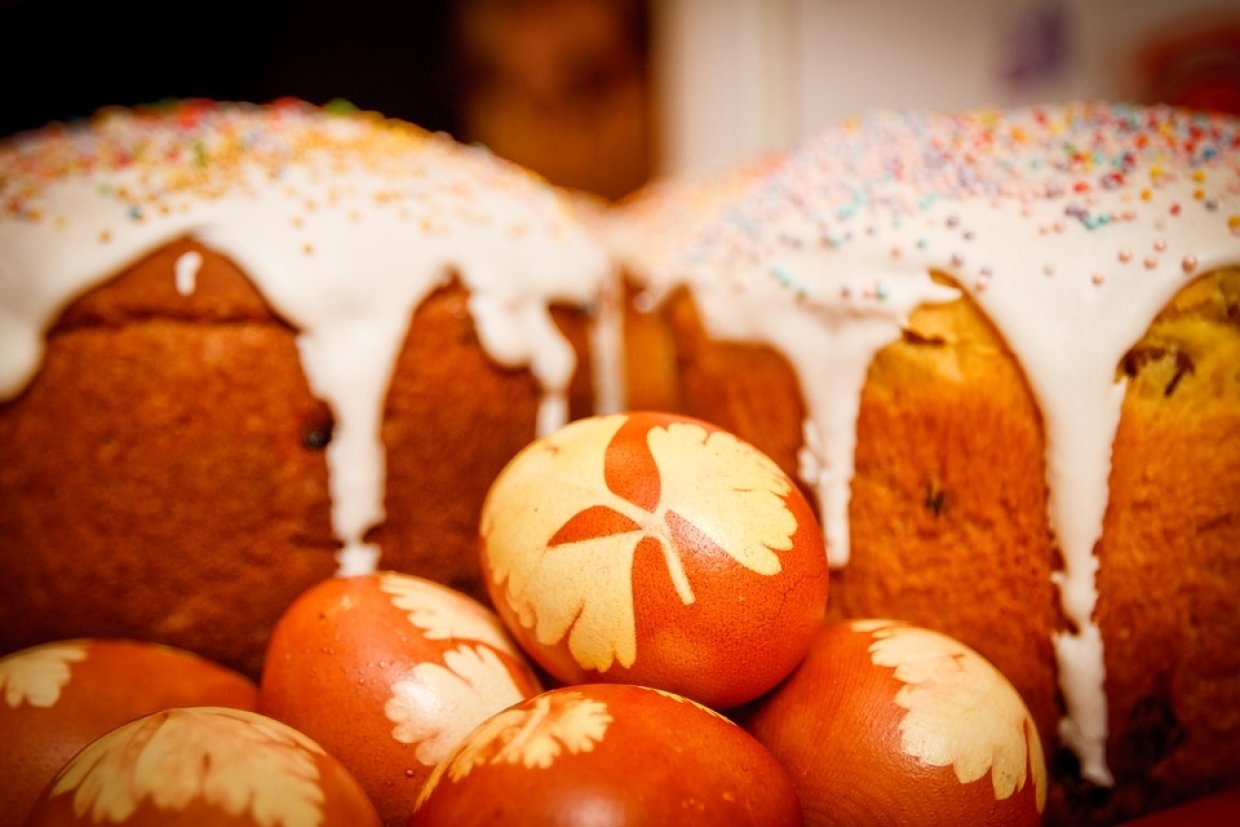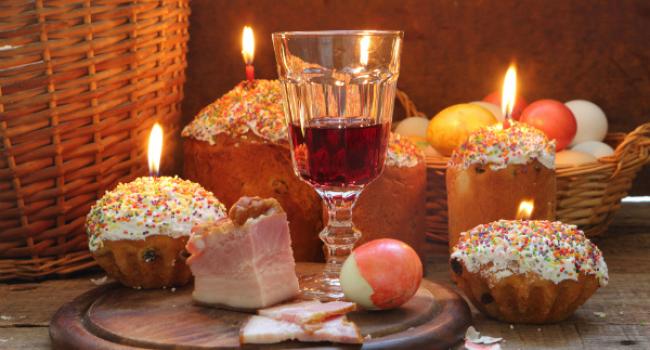Have you ever thought about why Easter in Russia falls at a different time to the holiday in the west? It’s all to do with the calendar. In Russia, dates are set from the Julian calendar while in the UK, we use the Gregorian calendar. Like us, the Russian holiday migrates each year, sometimes late and sometimes early. In line with other Orthodox followers in places like Greece and Cyprus, Easter Sunday fell this year a week after ours, on April 8th.

It’s a very important occasion to the Russian Orthodox Church and its followers. Russians will mark what they call Paskha by going to church. The ceremony begins on Easter Saturday and at midnight, you’ll hear bells ringing and the sound of voices singing. The services can be long, sometimes going on until dawn. The end of this candlelit mass brings kisses on the cheek – three times, of course, as is the custom.

As in the UK, Easter signals the end of Lent and the end of the fast which kicked off after the Maslenitsa. In Russia, you’ll also find decorated eggs, often painted red, a tradition upheld while the country was under Soviet leadership. Sometimes, they’ll bear the letters XB. In Russian, that’s short for “Christ is Risen!” Kids love to play games with eggs too – egg rolling being the most popular.

If you find some people have saved their eggs beyond Easter Sunday, it’s not because they have more willpower than the rest of us. In fact, they are saving them in the belief that they’ll ward off natural disasters like floods or fire if they can just hang onto them for one more week.

The end of the Lenten fast is marked in a big way. On the morning of Easter Sunday, a massive breakfast of sausage, eggs and bacon (as well as the sweet stuff) fills the table. Bellies full, it’s off to visit friends and family to share eggs, as well as popping into the cemetery to visit the graves of the deceased. The consumption of Simnel cake is rarer than ever in the UK these days but in Russia, you’ll still find plenty of kulich, packed with fruit and nuts, as well as a cream cheese cake called paskha in the form of a pyramid. It’s easy to buy them in the shops, but some households pass down cherished family recipes to make them in a particular way.
It’s an interesting time to be in Russia. If you’re planning a Spring visit to Russia next year, why not consider timing your trip to coincide with Orthodox Easter? The holiday is later in 2019, with Easter Sunday falling on April 28th.
